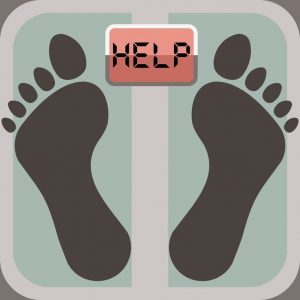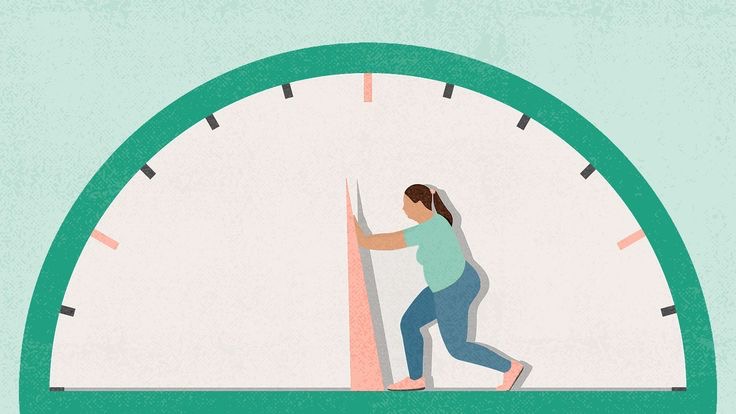Dieting diligently but the numbers on the scale refuse to budge? It’s a frustrating experience, but you’re not alone. Many people hit plateaus during their weight loss journeys. Here are six surprising reasons why you might not be losing weight even after dieting:
1. Sneaky Calorie Creep: Be honest, are you accurately tracking your calorie intake? Even healthy snacks and beverages can add up. Consider using a calorie tracking app or logging your intake in a food journal for a clearer picture.
2. Unintentional Exercise Underevaluation: Did you forget to count that brisk walk or intense cleaning session? Many underestimate the calories burned during daily activities. Wear a fitness tracker or use a more accurate calorie-burning calculator.
3. Muscle Gain Masking Fat Loss: Strength training builds muscle, which is denser than fat. While the scale might not reflect a change, your body composition is improving! Celebrate non-scale victories like increased strength or better fitting clothes.

4. Hormonal Rollercoaster: Hormonal fluctuations, especially during menstruation, pregnancy, or menopause, can affect metabolism and water retention. Be patient with your body during these times and focus on healthy habits.
5. Sleepless Nights, Stalled Weight Loss: When you’re sleep-deprived, your body produces more ghrelin (the hunger hormone) and less leptin (the satiety hormone). Aim for 7-8 hours of quality sleep each night to regulate hormones and support weight loss.
6. Hidden Medical Conditions: Certain underlying health issues, like thyroid problems or PCOS, can impact metabolism and weight management. If you suspect a medical condition, consult your doctor for a checkup.
Don’t restrict yourself too much, sustainable weight loss is about creating healthy habits, not deprivation. Allow yourself occasional treats in moderation to avoid cravings and binges.

